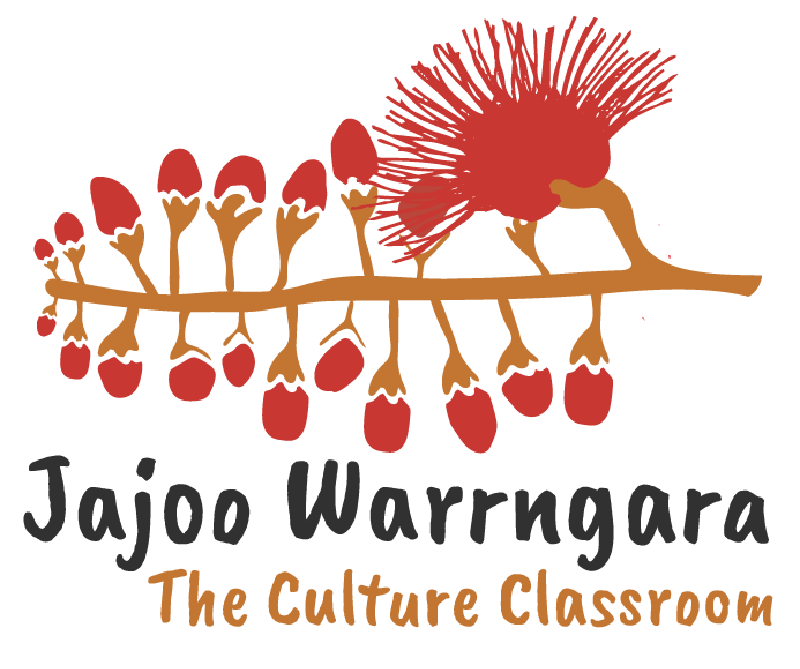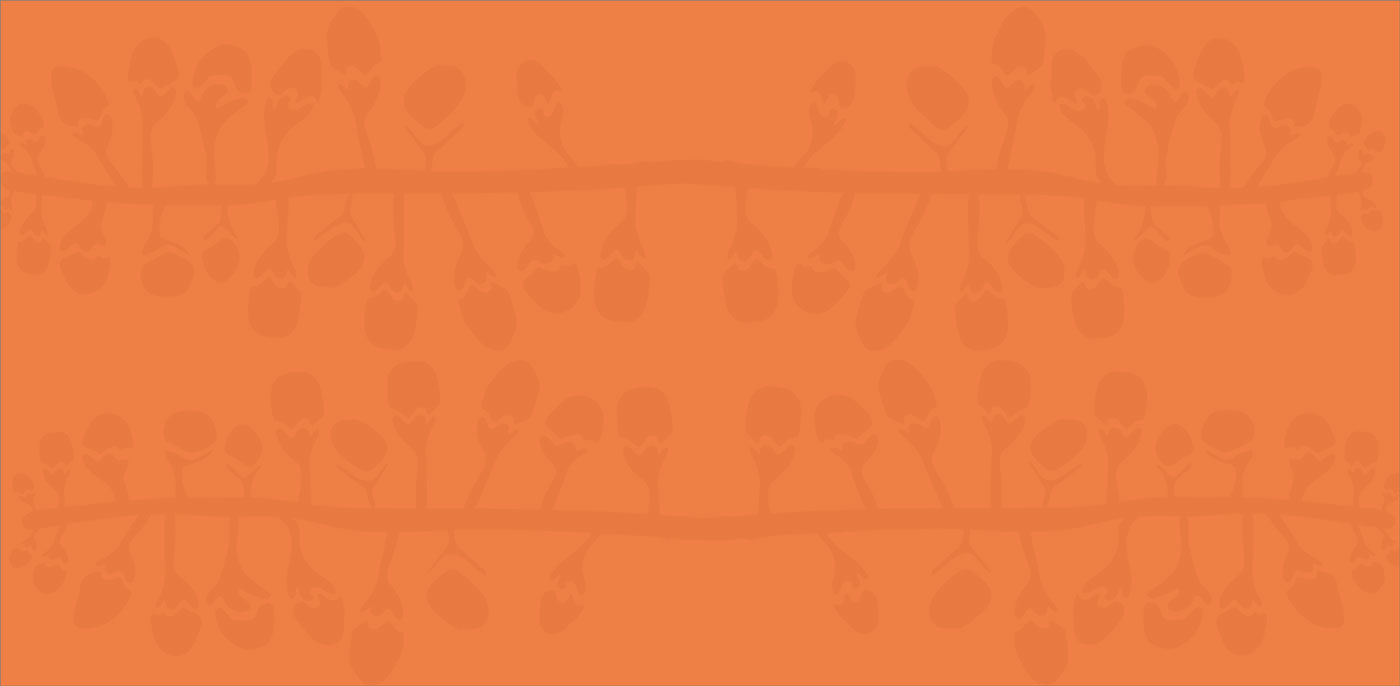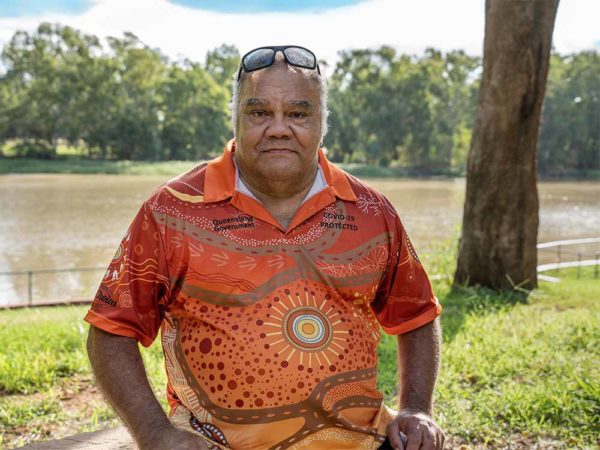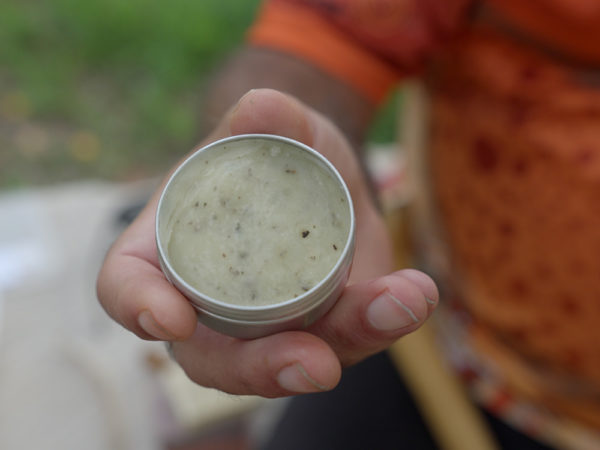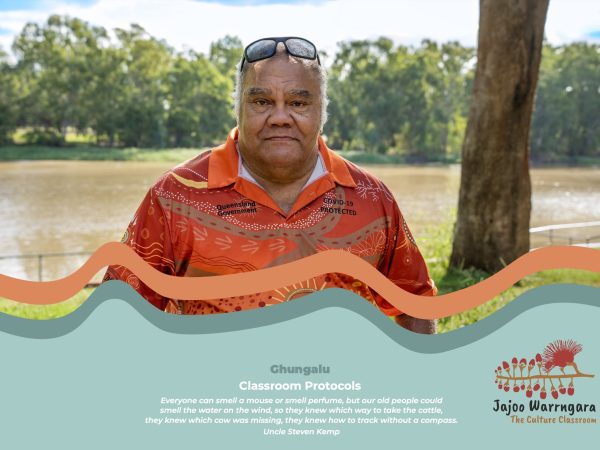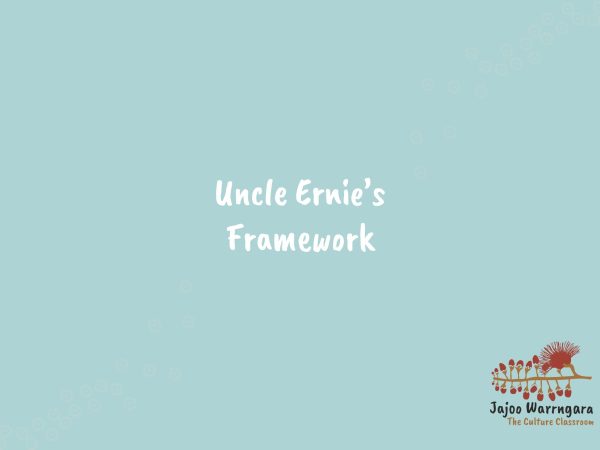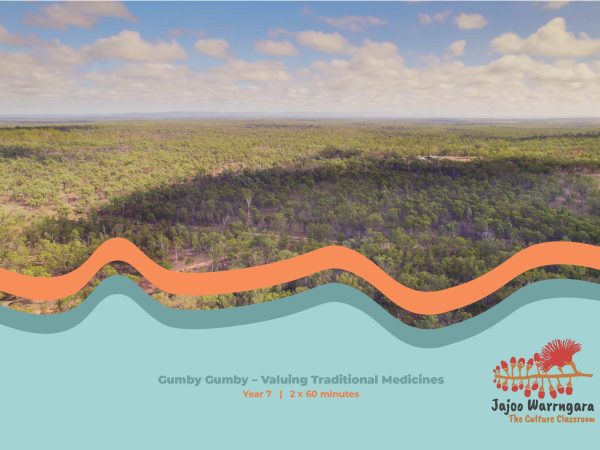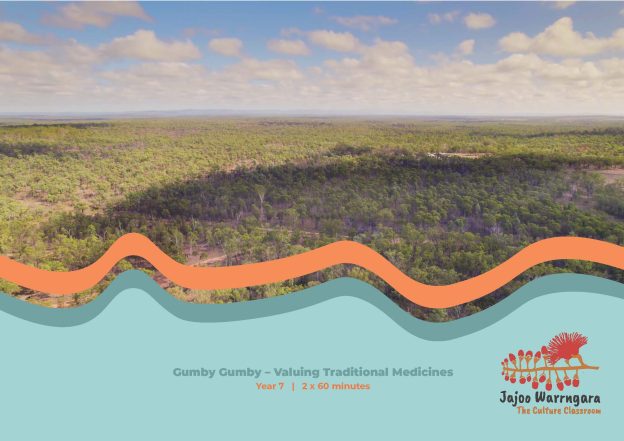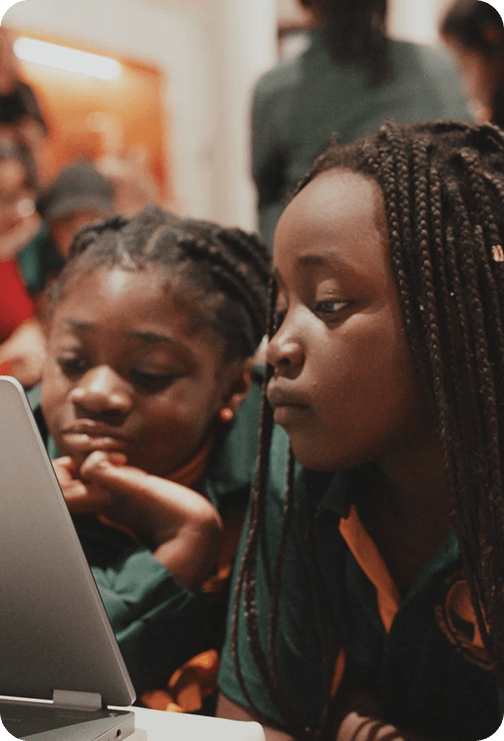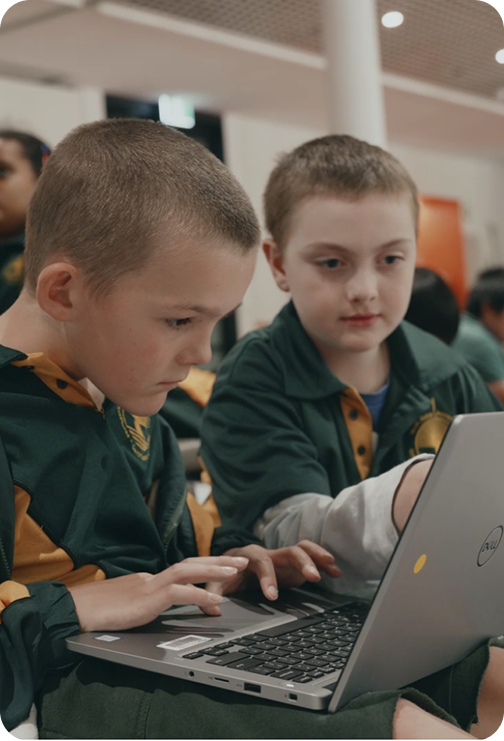AC9HE7K04 the reasons individuals work, the types of work they are involved in, and how they may derive an income
AC9HG7K07 the cultural connectedness of people to places and how this influences their identity, sense of belonging and perceptions of a place, in particular the cultural connectedness of First Nations Australians to Country/Place
AC9HH7K03 how First Nations Australians are the world’s oldest continuing cultures, displaying evidence of both continuity and change over deep time
AC9HH7K04 how First Nations Australians have responded to environmental processes and changes over time
AC9HH7K07 the cultural obligations of First Nations Australians about significant heritage sites, including ancestral remains, material culture and artifacts, and the role of collaboration between First Nations Australians and other individuals and groups to ensure cultural preservation
AC9HH7S03 Identify the origin, content, context and purpose of primary and secondary sources
